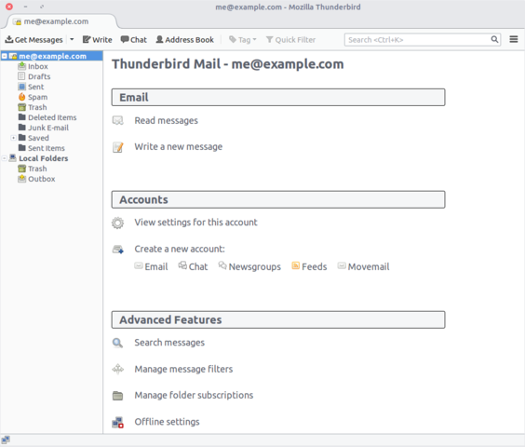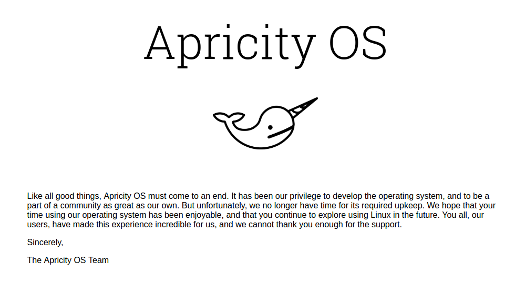The man behind the first user-friendly Linux distribution now seeks to produce a free-as-you-want-it-to-be Android phone that respects user rights.

Are you ready for a new operating system for your Android phone? An operating system that’s totally free and thats main purpose isn’t to get you to consume? How about an operating system that, although based on Android, brings to the table some of the best aspects of Linux — like (eventually) it’s own repository of apps? Well, get ready, Gaël Duval is working to bring eelo to the table.
Christine Hall has been a journalist since 1971. In 2001, she began writing a weekly consumer computer column and started covering Linux and FOSS in 2002 after making the switch to GNU/Linux. Follow her on Twitter: @BrideOfLinux













